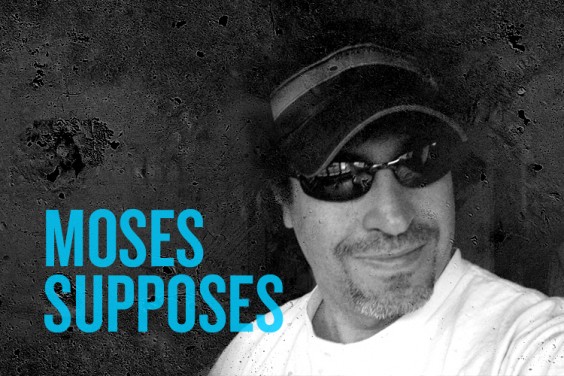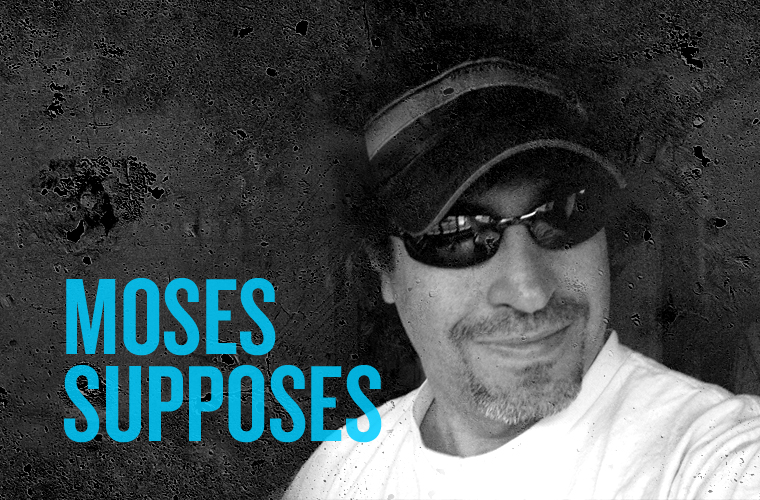Moses Avalon is one of the nation’s leading music-business consultants and artists’-rights advocates and is the author of a top-selling music business reference, Confessions of a Record Producer. More of his articles can be found at www.mosesavalon.com.
Is there no limit to this guy’s narcissism? The old saying goes, “When three people tell you you’re drunk, maybe you should sit down.” When the US Supreme Court says, “You are a thief who stole from millions of artists,” and when the Attorney General investigates you for 400 million counts of computer trespass, and then, finally, when Hollywood casts you as the villain in the hottest movie of the season, maybe it’s time you take a look at your values.
With Limewire now due for permanent shutdown, the blogs are lit up with opinions on the fallout. Sean Parker, the co-founder of Napster, thinks all this will do is create more heads of the hydra — in other words, more P2P will spawn from the death of Limewire, thus validating his 2001 position that the labels are fighting a losing battle against piracy and should just give up. Clearly, the tech-heads agree with their icon, even if the statistics tell a different story: piracy is passé, the lawsuits worked, and the “free music” generation is growing up and opting in.


